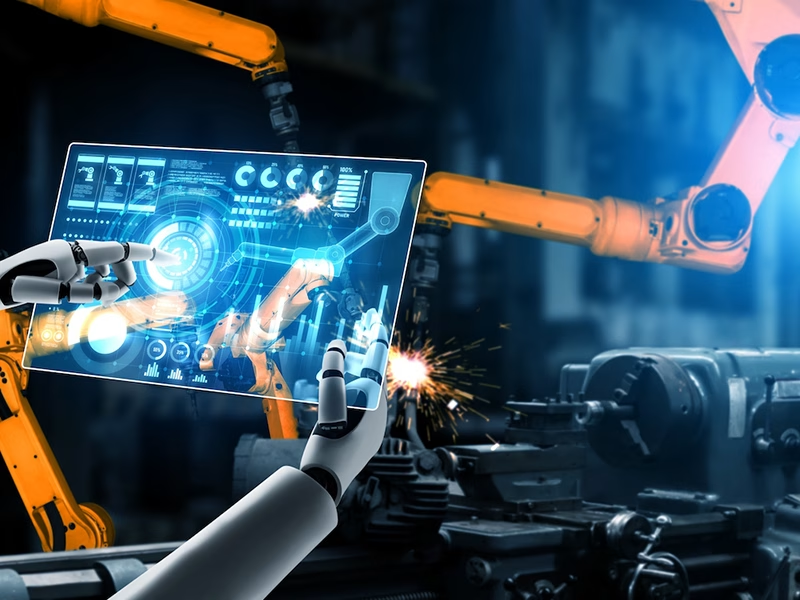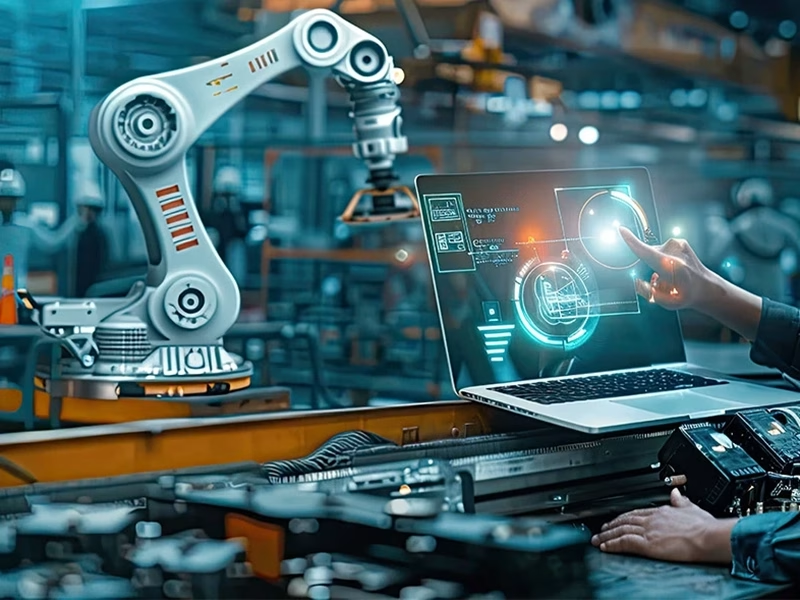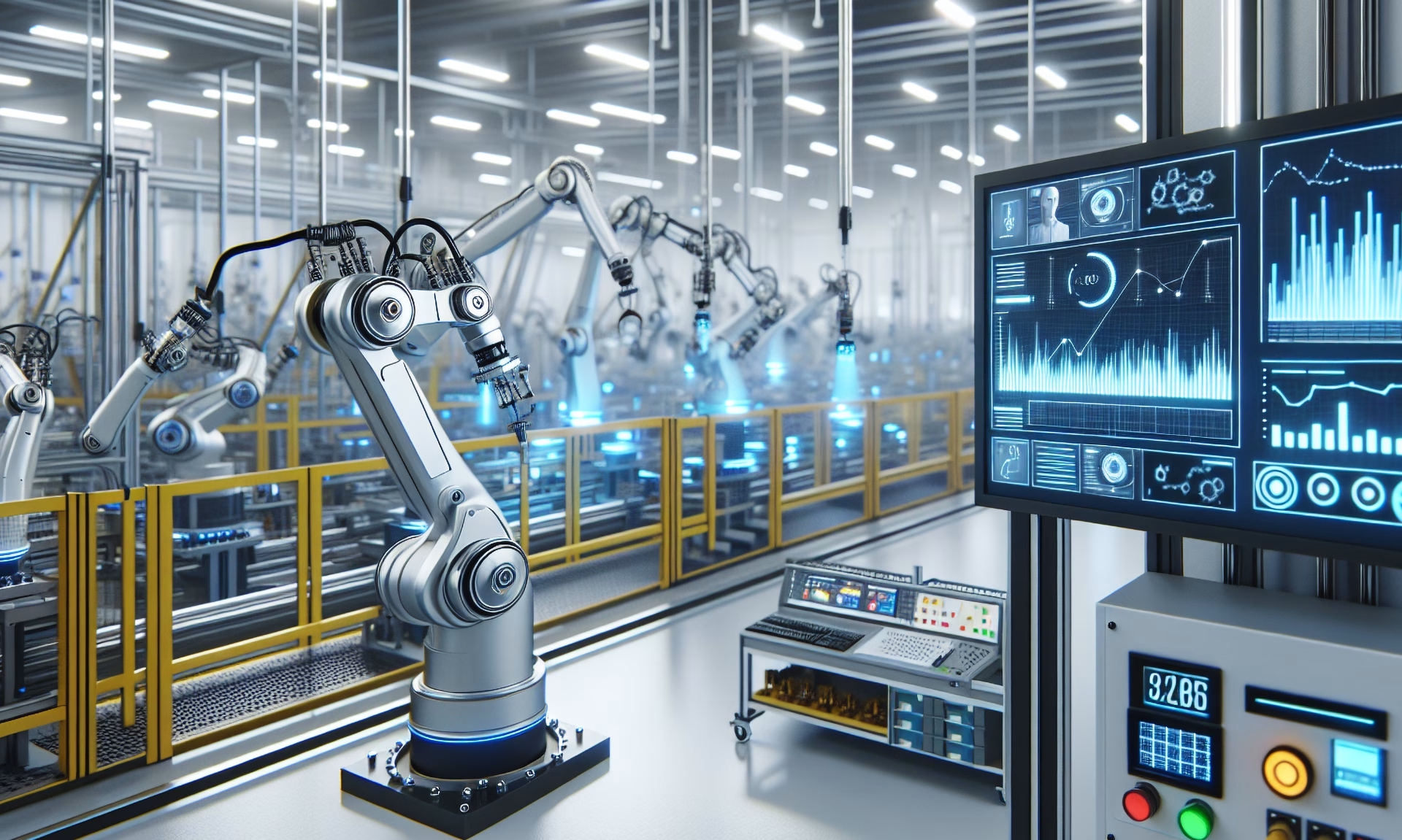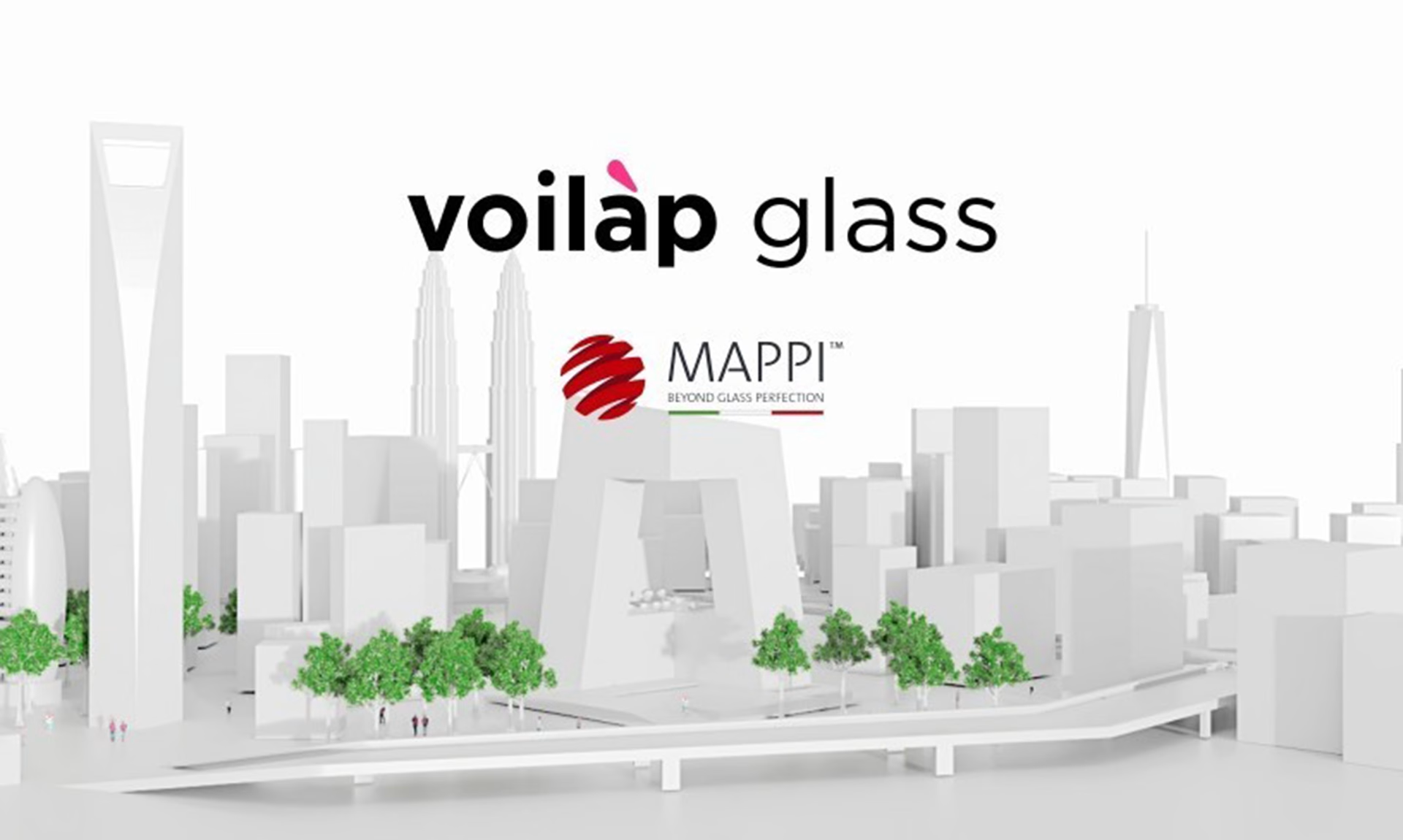Beyond Machines: Artificial Intelligence as the New Engine of Industrial Transformation
Artificial Intelligence is no longer a distant promise — it is now at the heart of modern industrial strategy.
In the manufacturing sector, AI represents more than a technological upgrade; it signals a profound shift in how value is created, processes are structured, and competitiveness is defined.
This transformation rests on two parallel priorities. First, customer relationships are being reimagined. A high-quality product alone is no longer sufficient — it must be complemented by advanced, data-driven services that extend value far beyond the machine, integrating directly into the customer’s operational ecosystem. Second, digital technologies are being embedded across all internal processes, enabling faster decision-making, greater flexibility, and more efficient resource allocation.


Implementing AI is a multi-layered challenge. At the individual level, it requires a shift in mindset — empowering every contributor, both inside and outside the organisation, to think entrepreneurially. At the team level, it demands agile, cross-functional units capable of rapid adaptation. Organisationally, it calls for bridging traditional, hierarchical structures with dynamic, exploratory ones. Externally, it must account for geopolitical, economic, and social forces that are reshaping global supply chains.
Data lies at the core of this evolution. AI’s true potential emerges only when data is managed as a strategic resource — centrally governed yet accessible in a way that promotes collaboration and innovation. Too often, data remains siloed and transactional, limiting its ability to drive meaningful transformation.
Partnerships are also being redefined. Manufacturers can no longer operate in isolation; sharing information with suppliers, integrators, and technology partners enables the creation of seamless, end-to-end solutions. This requires balancing cooperation for joint value creation with competition for market leadership.
In today’s industrial landscape, competitiveness without AI is increasingly unthinkable. The question is no longer whether to adopt AI, but how to integrate it in a way that builds resilience, agility, and sustainable growth. The manufacturing leaders of tomorrow will not simply react to change — they will orchestrate it, shaping an interconnected ecosystem where innovation, trust, and collaboration define the new rules of industry.
Share This Story
news via inbox
Your source for the latest news in the fenestration industry.




